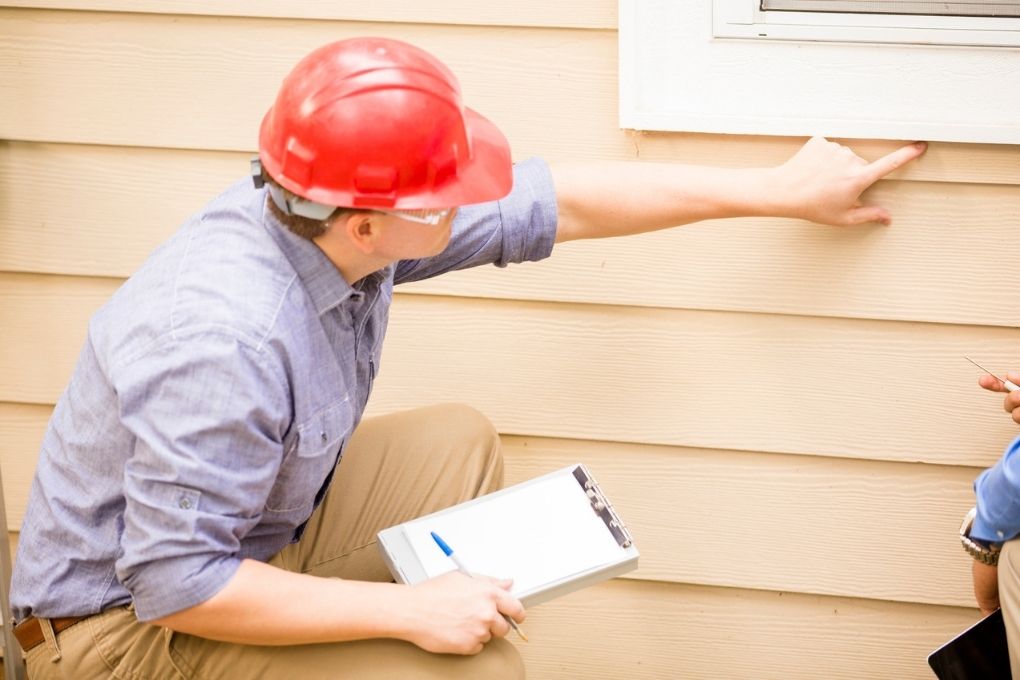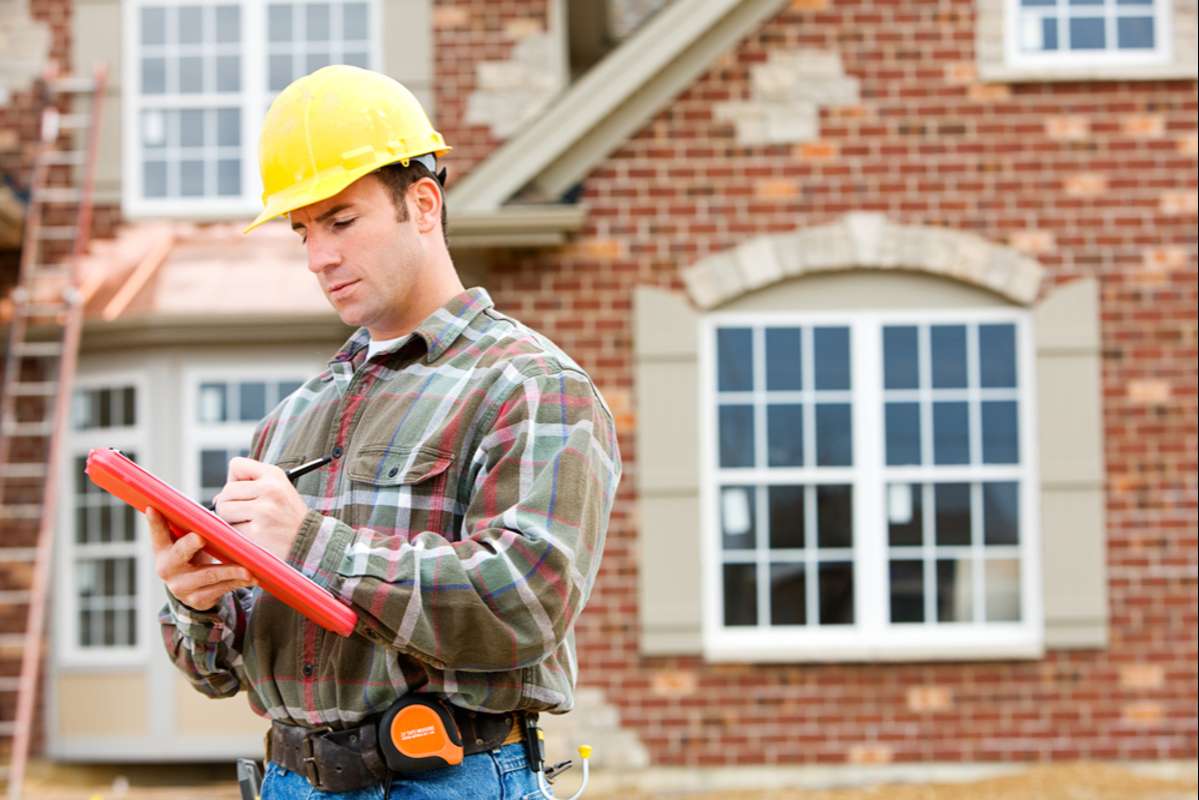Secure Your Financial Investment with Comprehensive Home Inspection Lockhart Solutions
Secure Your Financial Investment with Comprehensive Home Inspection Lockhart Solutions
Blog Article
What to Get Out Of Home Inspection: a Detailed List and Its Relevance
Understanding what to expect from a home inspection is important for both purchasers and sellers in the genuine estate market. A comprehensive assessment provides a detailed list that examines essential parts such as structural honesty, major systems, and general home condition.

Relevance of Home Inspections
The significance of home inspections can not be overemphasized, as they function as a critical safeguard for both buyers and sellers in the actual estate market. For customers, a home evaluation gives an impartial analysis of the home's problem, disclosing potential problems that might not show up during a casual walkthrough. This process aids customers make informed decisions and discuss repair work or price adjustments prior to closing, eventually shielding their investment.
On the other hand, vendors can take advantage of home assessments by attending to concerns proactively before noting their residential property. This can boost the home's bankability and potentially quicken the sales process. A pre-listing inspection can additionally infuse confidence in potential buyers, as it shows transparency and a dedication to preserving the building.
Additionally, home inspections contribute to the total safety and security and habitability of homes. By determining structural, electric, or plumbing issues, they make certain that homes abide with safety and security criteria and regulations. This not only secures the residents but additionally supports the integrity of the property market. In summary, home examinations are a crucial component of realty transactions, offering vital understandings that foster trust and openness amongst all celebrations included.
Secret Elements of the Checklist
A thorough home inspection list incorporates several crucial parts that guarantee a detailed assessment of a property's condition. The very first part is the structural stability, which consists of the exam of the foundation, walls, and roofing for any kind of signs of damage or degeneration. Next off, the list addresses major systems such as plumbing, electrical, and a/c, analyzing their performance and safety.
An additional important area is the exterior of the home, which entails evaluating exterior siding, home windows, doors, and roof products for wear and possible leakages. The list additionally covers indoor elements, including floor covering, wall surfaces, ceilings, and insulation, to recognize any kind of problems that might influence convenience or safety and security.
Additionally, the list often includes an evaluation of appliances, ensuring they are in excellent functioning order. The inspection should analyze exterior areas, including driveways, decks, and outdoor patios, to evaluate their problem and security. Each of these components plays a vital duty in supplying a detailed understanding of the residential property, ultimately assisting possible customers in making informed choices regarding their financial investment.
Typical Issues Located
Frequently, home evaluations disclose a range of issues that can vary from minor repairs to considerable safety problems. One common issue is the existence of water damage, usually coming from dripping roofings, plumbing failures, or not enough drain systems. Such damages can result in mold and mildew growth, which postures health and wellness threats and may call for comprehensive removal.

An additional common searching for entails electrical systems. Obsolete wiring, overloaded circuits, or incorrect grounding can create fire threats and necessitate prompt interest. In addition, issues with cooling and heating systems, such as insufficient upkeep or age-related inadequacies, can affect comfort and energy expenses.
Structural problems like cracked structures or endangered framing are also often kept in mind. These problems can result in significant consequences if not addressed immediately. In addition, bugs such as rodents or termites might be found, suggesting the possibility for considerable building damage.
Lastly, the condition of windows and doors typically comes under analysis. Poor seals can cause energy loss, while damaged frames or glass can affect safety and security and looks. Recognizing these usual concerns throughout a home examination is critical for educated decision-making and guaranteeing the security and longevity of the property.
Getting Ready For the Evaluation
Preparation is important for a successful home evaluation, making sure read this that both sellers and buyers can navigate the procedure with self-confidence. Begin by setting up the evaluation at a mutually practical time, permitting for ample accessibility to the home. For vendors, it is a good idea to declutter and clean up the home extensively, as a tidy environment can positively affect the examiner's assessment.

For customers, preparing involves assembling a listing of specific worries or areas of rate of interest to go over with the inspector. By taking these primary actions, both events can set the stage for a efficient and extensive home inspection experience.
Post-Inspection Actions
After the evaluation is complete, both vendors and buyers need to take specific actions to resolve the findings. For purchasers, the initial step is to very carefully review the evaluation record, noting any type of significant concerns that may impact their choice. This document works as a vital tool for negotiation. Purchasers might ask for repairs or credits from the seller based on considerable problems, such as out-of-date systems or architectural troubles.
Sellers, on the other hand, should assess the findings to determine which issues they can deal with before completing the sale. Repairing minor repairs can enhance the residential or commercial property's charm and potentially lead to a higher price. Sellers might choose to reveal problems to More Info prospective purchasers, promoting transparency and count on.
In cases where substantial repair services are required, both celebrations may benefit from acquiring estimates or quotes from qualified specialists. It is essential for both vendors and purchasers to maintain open lines of interaction throughout this procedure to make sure a smooth transaction.
Final Thought
Home assessments serve as an important element in the actual estate purchase procedure, making sure a complete examination of a property's condition. Ultimately, the value of home assessments can not be overstated, as they promote notified decision-making and add to a smoother actual estate experience.
For customers, a home examination offers an objective assessment of the residential or commercial property's condition, exposing prospective concerns that may not be noticeable during an informal walkthrough.Alternatively, vendors can check this site out benefit from home inspections by resolving problems proactively before noting their property (Home Inspection Lockhart).Typically, home evaluations expose a variety of concerns that can vary from small repair services to substantial safety and security concerns. Identifying these typical problems during a home evaluation is essential for informed decision-making and ensuring the safety and longevity of the property
Prep work is necessary for a successful home inspection, making sure that both vendors and customers can navigate the procedure with self-confidence.
Report this page